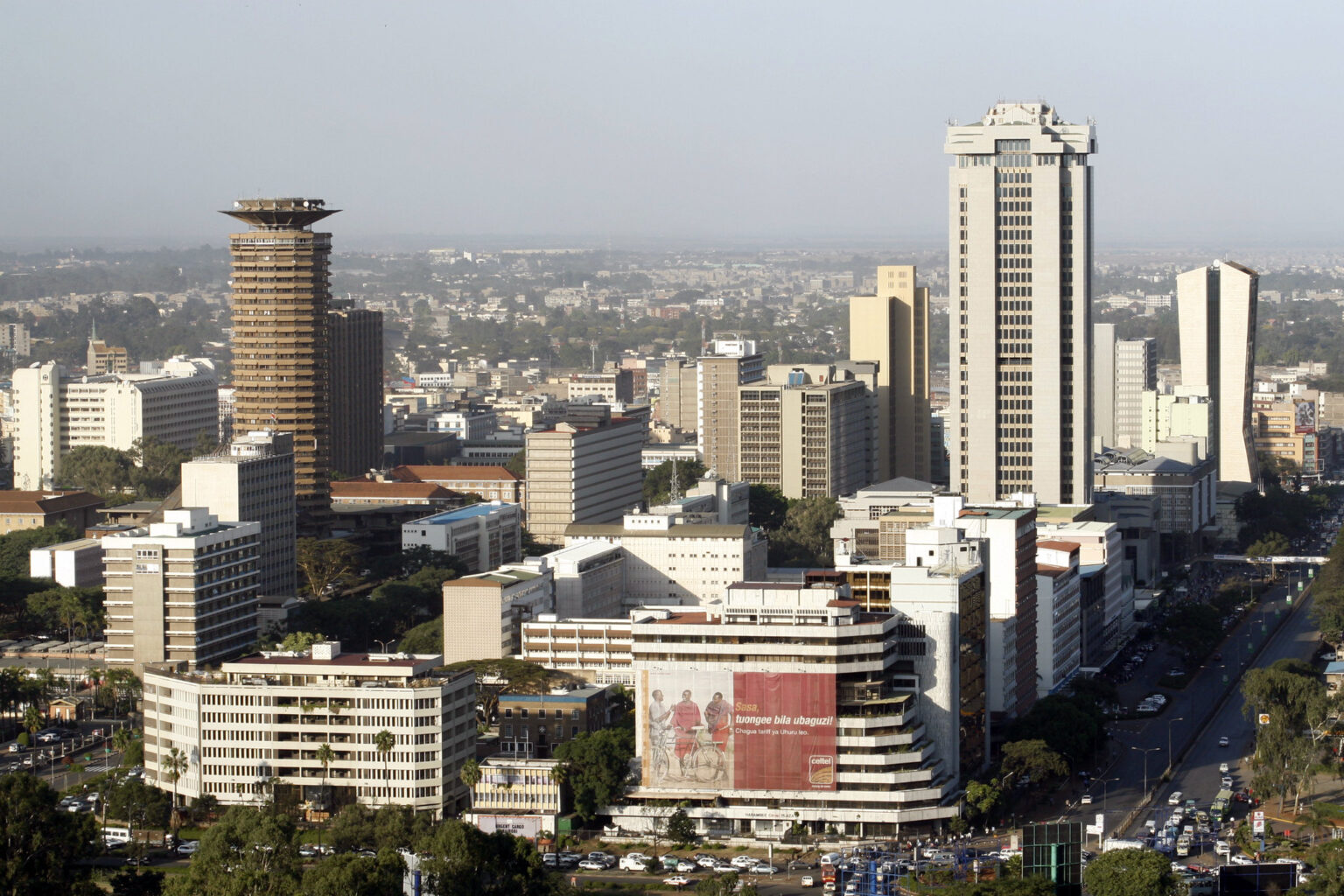Economies the world over have made significant recoveries from the effects of the Covid-19 pandemic, Russia-Ukraine conflict and disruptive supply chains with positive growth recorded in 2022.
Many of these key economies are in Africa.
However, majority of the African continent remains highly exposed to risks that could hinder growth in 2023.
One of the major concerns is debt serving, where African nation’s debt as a percentage of GDP has been rising faster than expected over the past decade.
It is estimated on average that most African nations’ Debt to GDP ratio, as of 2022, stands at 24.1 per cent with some countries having even higher rates.
About 35 per cent of the continent’s external debt is owed to banks, asset managers and oil traders in the West, with Chinese lenders accounting for around 12 per cent.
Of the about $444 billion in debt repayments governments in the continent will fork over between this 2022 and 2028, around $156 billion or 35 percent to the private creditors.
There is also the case of instability created by election cycles, geopolitics and war, as well as food insecurity caused by conflict and adverse weather conditions.
Countries continue to experience inflationary pressures that has hard hit households, a trend that is expected to continue in the medium-term.
According to the African Development Bank (AfDB),many nations across Africa have experienced heightened inflationary pressures, particularly on food and fuel, leading to rising cost of living.
“This resulted from weakening national currencies, floods and drought, contraction in agricultural production, depressed business activity, and falling revenue collection, among others,” the lender notes in a report themed “Supporting Climate Resilience and a Just Energy Transition”, launched in quarter four 2022.
However, the continued reopening of economies globally could mitigate these adverse effects in 2023 with a projected growth rate of 4.7%, repositioning regions such as East Africa as the top-performer in growth among the regions of the continent.
Weak currencies against major global currencies, mainly the US Dollar however is expected to continue piling pressure on countries’ forex reserves.
This, as most African economies remain net importers, has pushed up commodity prices. Unemployment across Africa also remains high with few jobs being created by governments and the private sector.
The youth bulge is a major issue as well, as more and more youth are unemployed, causing issues with the increase in crime.
This is especially true in South Africa, where unemployment averaged 26.74 per cent between the year 2000 and 2022, reaching an all-time high of 35.30 per cent in the fourth quarter of 2021, and a record low of 21.50 per cent in the fourth quarter of 2008.
Similarly Nigeria’s unemployment rate was estimated to reach 33 percent by the end of 2022. Both countries experience high rates, however, are two of the largest economies in Africa.
Another area that is impacting Africa’s expansion and may disrupt further aspects of growth is extreme poverty.
While extreme poverty is not as earlier projected figures between 30 to 120 million as projected by the World Bank in 2020,a more recent study by the World Bank indicates that Africa has at least 23 million ultra-poor inhabitants.
The reason for the lower-than-expected poverty increase across the continent may be a combination of things.
One is that the crisis and related shutdowns affected urban areas more than rural areas where most of the extreme poor reside.
The health crisis via the 2020 pandemic also negatively impacting older populations than younger ones (Africa is the continent with the youngest population), and lastly the relatively generous support available through social policy measures.
Going into 2023,analysts have since projected a turbulent year with heavy weights such as Nigeria, Kenya, Ghana, South Africa and Egypt stuck in a slow growth mode.
According to the Economist Intelligence Unit, the research and analysis division of the Economist Group, African economies will face turbulent times in 2023 as a range of internal and external economic shocks undermine the region’s growth prospects and threaten stability, but most of the region will weather the storm and continue to grow.
Resource-intensive economies and major commodity exporters such as Angola, Nigeria and other extractive producing nations will face challenging market conditions amid a global economic slowdown, but the outlook is far from gloomy as export prices remain reasonably high and competition remains intense for Africa’s resources.
Domestic price pressures will remain elevated—although inflation may ease back from the highs of 2022, which is dependent on the US economy and how the Greenback performs.
Monetary policy should tighten across much of Africa, while the cost of international capital will rise substantially for some economies.
Major concerns surround the heavy burden of debt servicing, instability created by election cycles, geopolitics and war, as well as the lingering threat of food insecurity caused by conflict and adverse weather conditions,” according to the World Bank.
Meanwhile, the Russia-Ukraine war remains a wait and sees to the continent whose growth and stability has been equally affected.
This is mainly on imports of food crop and oil where the war has led to extreme price shocks, which came with the disruption of the supply chains.
Is the $100 billion in Special Drawing Rights pledged by G20 countries to vulnerable nations enough to mitigate the strain?
This will also be a factor to watch as the year begin as the Bretton Woods’s system continues to call for fiscal policies in countries.
This includes tax reforms and reduction of budget deficits by countries, where governments have huge recurrent expenditures surpassing revenue baskets by bar.
The move is expected to reduce borrowing to bridge budget deficits among African nations.
